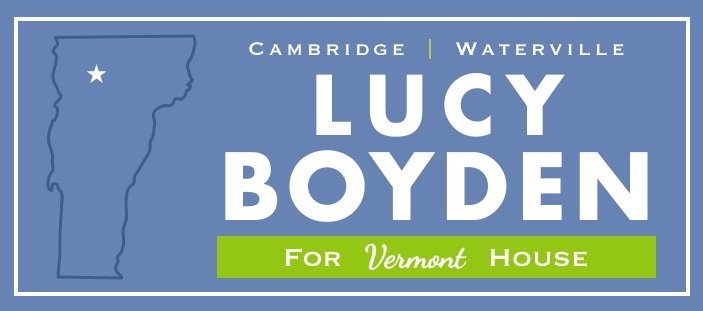Natural Disaster Government Response & Open Meeting Law
We are heading into the homestretch of the legislative session. Within the policy committees, much of the focus has transitioned to bills of the opposite chamber. During this time, deliberation with subject-matter experts is continued and clean-up or improvement is made to bills with the hope of agreement by the end of the session in May. Within the House Committee Government Operations and Military Affairs, we have been spending time on two large and important Senate bills.
S.310 relates to natural disaster government response, recovery and resiliency. It is a large bill with many important emergency measures, most of which are regularly done in an emergency but are not in state statute.
Some highlights include:
• Creation of a community resilience and disaster mitigation fund that creates a grant program administered by the Department of Public Safety to help municipalities administer grants.
• Allowing survivors of public works personnel to receive death benefits by including them under the first responder definition.
• Codifying the Vermont Emergency Management Plan.
• Officially creating the Urban Search and Rescue Team, which currently exists in a patchwork system.
• Examining the VT-Alerts system and how it can be most effective before, during and after emergencies.
• Requiring Vermont Emergency Management to update and enhance language assistance services so all Vermonters have access to emergency alerts.
S.55, which relates to updates of Vermont’s open meeting law, aims to find a balance between remote, hybrid and in-person meetings conducted by public bodies. Finding this balance is harder than it seems. In-person meetings, where personal connections and understanding can be made, should be the gold standard. On the one hand, community members and the press need to be provided with access to meetings to attend, to participate in and to serve. On the other hand, many municipalities cannot host electronic or hybrid meetings regularly.
The bill as passed by the Senate would require state meetings of non-advisory boards (public bodies that make decisions and have jurisdiction over legislative, tax, or budgetary matters, rather than simply advising) to be held in a hybrid fashion. Local non-advisory boards are to meet in-person or in a hybrid manner if they choose to.
We have had many discussions about the feasibility of hybrid meetings for many municipalities that lack administrative capacity, technology and reliable broadband or cellphone service. State and local meetings of advisory boards would be able to meet in-person, remote or hybrid. S.55 also requires that access be provided to meetings if it’s requested ahead of time. The committee is still working out these details, but the important thing is that even if it’s over speakerphone on a landline, access to meetings can be provided.
Both S.310 and S.55 include many important details. Alongside the language of both bills, the committee has been using bill summaries and a one-page handout to guide our work. Feel free to reach out with any questions, ideas, concerns, or for assistance in finding materials.
